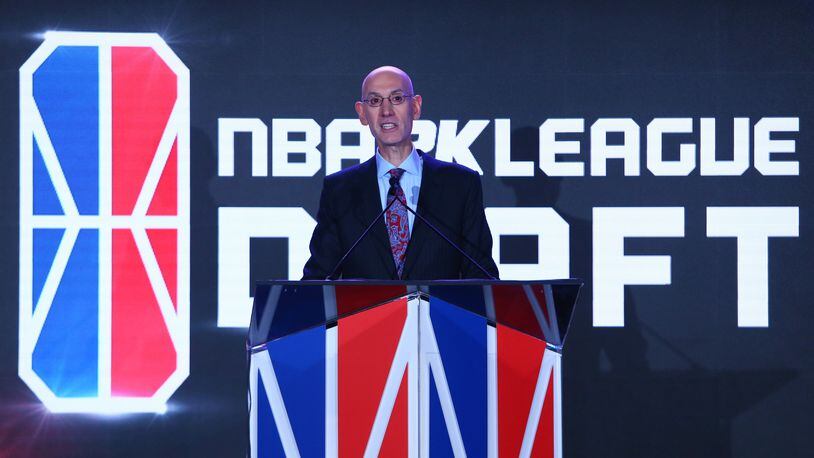RELATED: Ending one-and-done rule one of recommendations of NCAA’s Commission on College Basketball
The league’s one-and-done rule hasn’t been as bad for college basketball as it is made out by the report, but it has forced together some prospects and schools that clearly weren’t quite comfortable with each other.
That, in turn, almost certainly increases the incentive for players who are only biding their time in college to break rules against receiving extra benefits that don’t always make a lot of sense (and few of those rules are addressed by the committee’s report).
If the NBA again allows 18-year-olds to be drafted, the few players who without a doubt are good enough and mature enough to play in the league at that age could do so.
Problems would remain for three much larger groups of players, though: The ones who think they are good enough to skip college but aren’t, those who think they are good enough to leave college early but aren’t and those who aren’t sure if they fit into one of those groups or not.
Guess what? This also unnecessary.
One of the committee’s recommendations — that players be allowed to return to school and play college basketball again if they aren’t drafted — would help, but it’s just a step in the right direction.
The path to the pros would be a lot easier to navigate if everyone were eligible to be drafted once they reach a certain age and their eligibility remained intact until they sign a pro contract.
Teams would retain the rights to a player for an agreed-upon length of time — probably until his or her college eligibility is up.
This is essentially how things work in hockey, and it is preferable to “the baseball rule,” which the committee smartly recommended not adopting.
In making the case against the baseball rule for basketball, the committee highlighted another shortcoming of the NBA: The G League still accommodates far fewer players than the hockey and baseball minor leagues.
(Which is not to say those sports don’t have issues, too, but that’s for another day.)
The NCAA has plenty of its own issues, and the committee has some strong suggestions:
- Allow contact between players and agents without compromising eligibility (a full-on business relationship should probably be allowed, but the report says agents actually oppose this).
- Standardize degree completion so players who leave school early are still guaranteed the opportunity to finish (some schools, including Ohio State and Kentucky, already have this).
- Establish an independent group to handle investigation and enforcement of NCAA violations (because the current model with rotating members from various schools is at best inconsistent and at worst completely ineffective).
- Add outsiders to the NCAA Board of Governors (so it is less myopic, presumably).
- Work with the NBA to create youth basketball programs that develop players on and off the court and help them have a better idea of their real pro prospects at a young age. (They also suggested some measures for eliminating corruption they perceive to exist in AAU basketball, but that was a little too esoteric to dive into here, and doing so may be too big a task anyway.)
Do these go far enough?
No.
There’s still the issue of athlete compensation, something the committee basically punted because of pending litigation that could turn the whole system on its head anyway.
The hope that legalizing more interactions with agents might curtail some illicit activity -- especially if agents aren’t allowed to offer players and their families loans -- is probably wishful thinking more than anything, too.
But, hey, they have to start somewhere.
About the Author
